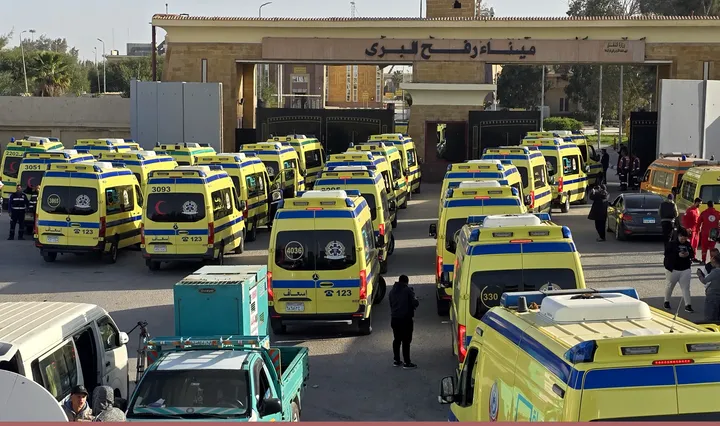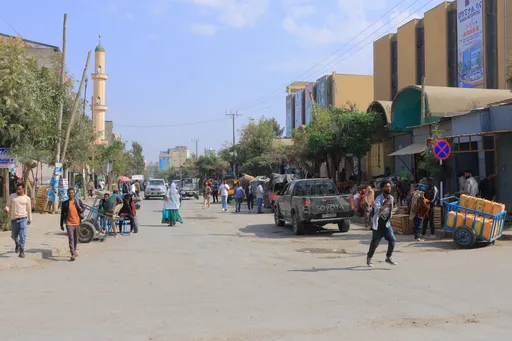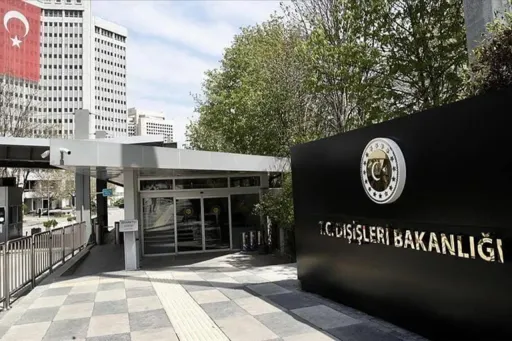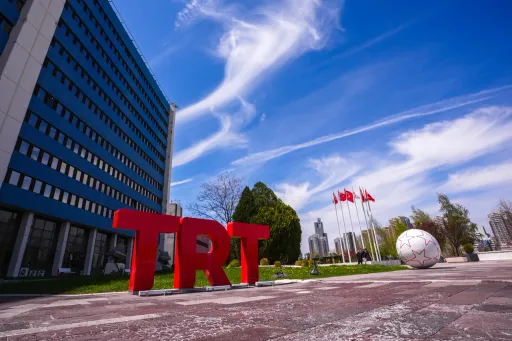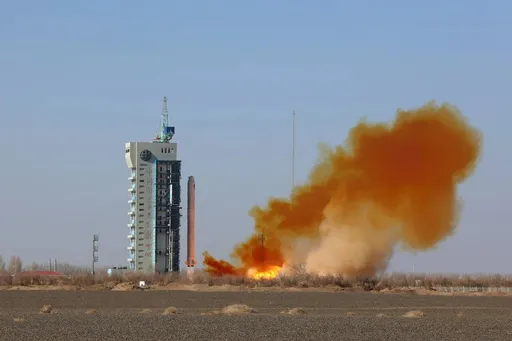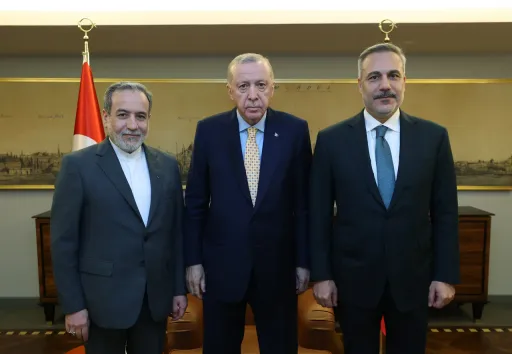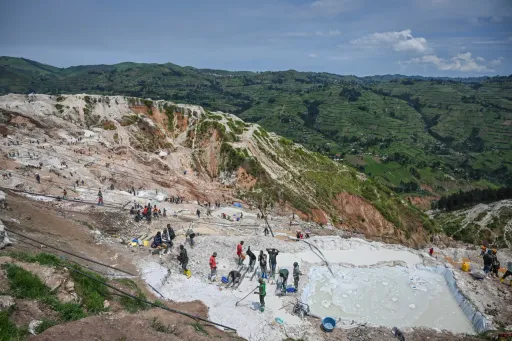Istanbul is hosting a pivotal event in Türkiye’s growing partnership with Africa - the 5th Türkiye–Africa Business and Economic Forum, known as TABEF 2025.
The two-day meeting under the theme “Leveraging Türkiye-Africa Relations for Mutual Gains,” is being held from Wednesday at the Istanbul Congress Center and brings together more than 4,000 business leaders, investors, policymakers and entrepreneurs from across the continent.
But the forum is more than a two-day gathering, it represents the latest chapter in a dynamic, two-decade journey of diplomacy, development and deepening economic ties.
Türkiye’s engagement with Africa took a major leap in 2008, when the first Türkiye–Africa Cooperation Summit was held right in Istanbul. With 49 African countries and 11 international organizations participating, it produced two landmark documents: the Istanbul Declaration and the Framework for Cooperation, laying the foundation for long-term collaboration.
Since then, Türkiye’s Africa policy has evolved—from the Opening to Africa initiative launched in 1998, to the Africa Partnership Policy in 2013.
And the results are clear.
Back in 2003, total trade between Türkiye and Africa stood at just $5.4 billion.
By the end of 2022, it had reached $40.7 billion. In 2024, trade volume was about $36.5 billion, with exports at $21.8 billion and imports at $15 billion.
And this year? In just the first eight months of 2025, Türkiye exported $14.6 billion to Africa and imported $7.7 billion, bringing the current total to $22.3 billion. According to DEİK President Nail Olpak, trade is on track to exceed $35 billion by year-end.
Key trade partners include Egypt, Algeria, Libya, South Africa, and Nigeria. But Türkiye’s goal is broader—reaching more Sub-Saharan countries and diversifying trade beyond a handful of nations.
Top exports include machinery, iron and steel, energy products, electrical goods, plastics, and food—especially flour and oils. Imports focus on energy, cocoa, agriculture, and minerals.
Nail Olpak emphasises the need for tailored approaches to the African market, including stronger logistics, more financing tools, and new Free Trade Agreements.
Already, Türkiye has FTAs in place with Egypt, Tunisia, Morocco, and Mauritius. Agreements with Sudan, Ghana, Cameroon, and the DRC are in negotiation.
On the ground, Türkiye is investing—not just trading.
Its direct investment stock in Africa has surpassed $10 billion. Turkish contractors have completed over 2,000 projects, valued close to $97 billion—from airports and roads to hospitals and housing.
And it's all connected. Turkish Airlines now flies to 51 destinations in 39 African countries. Türkiye also operates 44 embassies across the continent—up from just 12 in 2002.
Add to that the work of TİKA, the Maarif Foundation, and the Yunus Emre Institute, and the picture becomes clear: Türkiye is not only building trade routes, but also building trust and people-to-people connections.
This year's TABEF forum has put focus on agriculture and food security, green and renewable energy, mining and natural resources, logistics and transport, digital technologies, construction and infrastructure, cefense and advanced manufacturing
B2B and G2B meetings were held alongside panel discussions and networking sessions, offering a rare opportunity for face-to-face engagement between African and Turkish stakeholders.
Looking ahead, Türkiye and Africa are setting ambitious targets: $40 billion in trade by 2026, $50 billion shortly after and a bold vision for $75 billion in the coming years.



